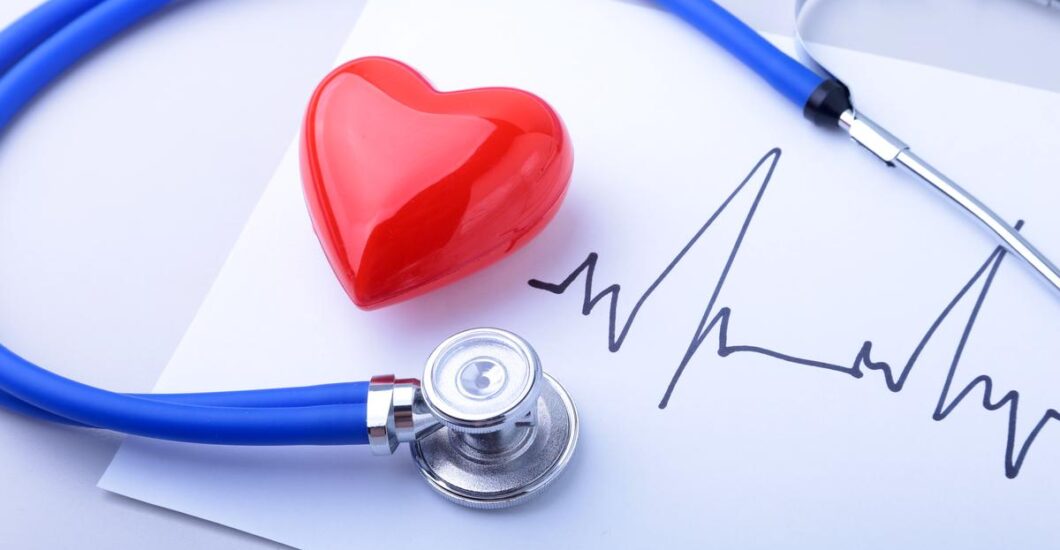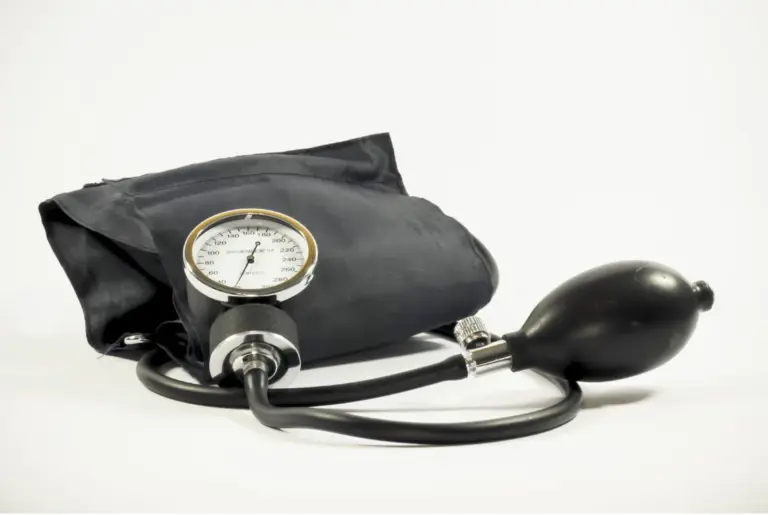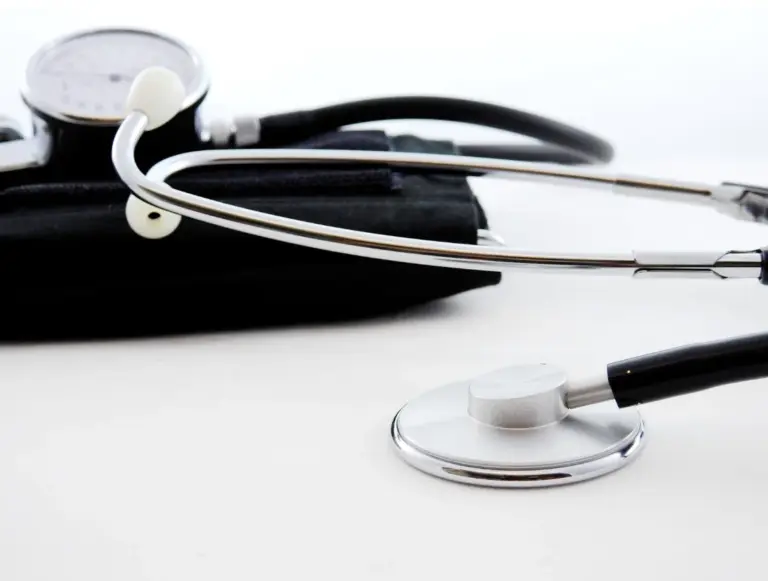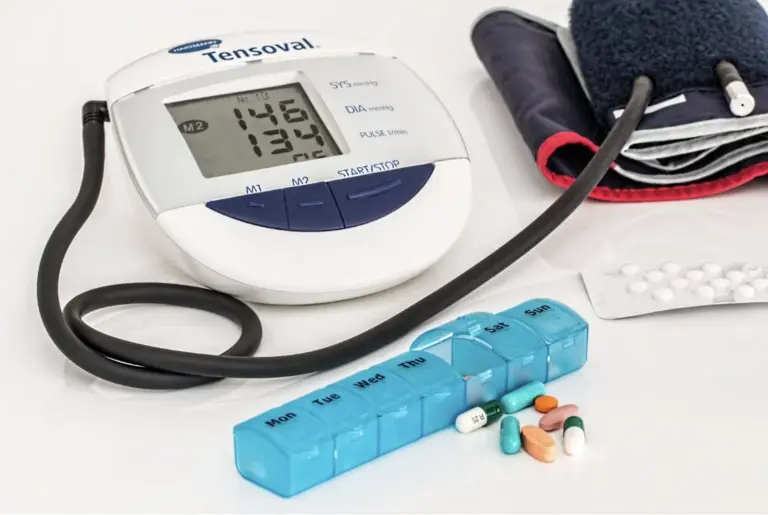What is Heart Arrhythmia?
If you are wondering what is arrhythmia? Arrhythmia is a condition that causes the heart to beat too quickly, too slowly, or irregularly. This can happen for a variety of reasons, including an underlying heart condition, electrolyte imbalances, or medication use. While some people with heart arrhythmia do not have any symptoms, others do, such as palpitations, dizziness, shortness of breath, and chest pain. Heart arrhythmia can cause serious complications such as stroke, heart failure, or sudden cardiac arrest in some cases.
Heart arrhythmia affects millions of people worldwide, and its prevalence is increasing as the population ages. The electrical system of the heart regulates the heartbeat, and any disruption in this system can cause arrhythmia. Common causes of heart arrhythmia include high blood pressure, smoking, excessive alcohol consumption, and stress. In some cases, a heart arrhythmia can be managed with medication or lifestyle changes, while other cases may require medical procedures such as catheter ablation or pacemaker implantation. While some arrhythmias are not life-threatening, others can cause serious complications, therefore seek medical attention if you notice any symptoms.
What are the Types of Heart Arrhythmia?
Heart arrhythmias, meaning can be described as a condition where the heart’s rhythm beats too fast, too slow, or irregularly. Arrhythmia is classified into several types, each with its own set of characteristics and treatment options. Following are some of the most common types of heart arrhythmias:
- Atrial fibrillation is the most common type of arrhythmia, which occurs when the upper chambers of the heart (the atria) beat irregularly and quickly. If left untreated, atrial fibrillation can lead to blood clots, stroke, and heart failure.
- Ventricular fibrillation is a potentially fatal arrhythmia that occurs when the lower chambers of the heart (the ventricles) quiver instead of contracting normally. Ventricular fibrillation, if not treated promptly, can result in sudden cardiac arrest and death.
- Bradycardia is a condition in which the heart beats too slowly, causing fatigue, dizziness, and fainting.
- Supraventricular tachycardia is a condition in which the heart beats too quickly as a result of abnormal electrical impulses in the upper chambers.
- Premature ventricular contractions are a condition in which the lower chambers of the heart contract too quickly, causing palpitations and shortness of breath.
Long QT syndrome is a genetic condition that affects the electrical system of the heart and can result in life-threatening arrhythmias.
What are the Causes of Arrhythmia?
A variety of factors can contribute to the development of arrhythmia. Among the most common causes are:
- Heart Disease: Coronary artery disease, heart failure, and previous heart attacks can all damage the heart and cause arrhythmia. When the heart is damaged, it may struggle to maintain a regular heartbeat.
- High blood pressure: High blood pressure can put a strain on the heart and increase the risk of heart arrhythmia. Because the heart has to work harder to pump blood, the electrical system in the heart can become overworked.
- Age: The risk of developing arrhythmia increases with age. This is due to the fact that the electrical system in the heart can deteriorate over time, resulting in irregular heartbeats.
- Diabetes: Diabetes can harm the nerves that control the heart, resulting in heart arrhythmia. Furthermore, people with diabetes are more likely to develop heart disease, which can lead to arrhythmia.
- Genetics: Some types of arrhythmia can be passed down through families. If you have a family history of arrhythmia, you may be more likely to develop the condition. Individuals with a strong family history of arrhythmia may also benefit from genetic testing to identify any specific genetic mutations that may increase their risk.
- Lifestyle factors: Arrhythmia can be exacerbated by smoking, excessive alcohol consumption, drug abuse, and stress. These elements can harm the heart and its electrical system.
Medications: Certain medications, such as antibiotics and antidepressants, can increase the likelihood of developing arrhythmia. It is critical to discuss potential side effects of any medications you are taking with a healthcare professional.
What Are the Symptoms of Arrhythmia?
Arrhythmia symptoms can vary depending on the type of arrhythmia and its severity. Arrhythmias may not cause any symptoms in some cases and can only be detected during a routine medical examination. However, some common arrhythmia symptoms include:
- Palpitations: Palpitations are the symptoms of an irregular, pounding, or racing heartbeat. Stress, anxiety, caffeine consumption and certain medications can all contribute to palpitations.
- Fatigue: Feeling tired or weak may be a sign of arrhythmia because the heart isn’t working properly and isn’t supplying enough blood to the body, making it harder for oxygen to reach different parts of the body.
- Shortness of breath: Arrhythmia can cause shortness of breath or difficulty in breathing, especially during physical activity, as the heart is not able to pump blood sufficiently to meet the increased demand for oxygen in the body during exercise or other forms of physical activity.
- Dizziness or lightheadedness: Arrhythmia can cause a drop in blood pressure, which can cause dizziness or lightheadedness.
- Chest pain: Some arrhythmias, such as atrial fibrillation, can cause pain or discomfort in the chest.
It is important to note that these symptoms can also be indicative of other medical conditions, so if you experience any of them it is important to seek medical attention immediately to determine the underlying cause and receive appropriate treatment. Ignoring these symptoms can lead to serious health complications and can even be life-threatening in some cases.
What is the Treatment for Arrhythmias?
Arrhythmias can be treated in a variety of ways, depending on the type and severity of the condition. Treatment options include everything from dietary changes to medication and medical procedures:
- Lifestyle Change: Changes in lifestyle can aid in the management of certain types of arrhythmias. These changes could include cutting back on alcohol and caffeine, quitting smoking, and maintaining a healthy weight through regular exercise. Also, a well-balanced diet and a high blood pressure diet can help manage certain arrhythmias.
- Medication: In some cases, medications such as beta-blockers, calcium channel blockers, and anti-arrhythmic drugs can help control heart rate and rhythm. These medications reduce the heart rate, relax the heart muscle, or suppress abnormal electrical impulses.
- Medical procedures: Medical procedures may be required in some cases to treat arrhythmias, they can be:
- Electrical cardioversion- The use of an electrical shock to restore a normal heart rhythm is known as electrical cardioversion.
- Implantation of a pacemaker or implantable cardioverter defibrillator (ICD)- Pacemakers and ICDs are small devices that are implanted beneath the skin to help regulate heart rhythm.
- Catheter ablation- Catheter ablation uses radio waves or freezing to destroy small areas of heart tissue causing the arrhythmia.
These are some of the treatments that are used to treat arrhythmias but the exact treatment for arrhythmias varies depending on the type and severity of the condition.
Conclusion
Heart arrhythmias are a serious medical condition and if left untreated, can lead to a variety of health problems. It’s critical to understand the symptoms and risk factors associated with arrhythmias and to seek medical attention if you notice any of them. There are a variety of treatment options available, and your doctor can work with you to determine the best course of action based on your type of arrhythmias and medical history.
If you are concerned about arrhythmias or have any symptoms, it is critical that you seek the care and treatment that you require. We have a network of experienced and qualified physicians at BP In Control who specialise in treating heart conditions such as arrhythmias. Visit our Find a Physician webpage to find a doctor near you and make an appointment today. Do not ignore symptoms of arrhythmias, take charge of your health and seek medical attention as soon as possible.
FAQs on Heart Arrhythmias
1) Is arrhythmia a serious heart condition?
Yes, arrhythmia is a serious heart condition that can result in a variety of complications such as stroke, heart failure, and sudden cardiac arrest. If you experience symptoms such as palpitations, dizziness, or shortness of breath, you should seek medical attention. Early detection and treatment of arrhythmia can significantly improve outcomes and quality of life.
2) What are the four symptoms of arrhythmia?
The four most common symptoms of arrhythmia include palpitations (an awareness of the heart beating irregularly), dizziness or lightheadedness, shortness of breath, and chest pain or discomfort. If you experience any of these symptoms, it is important to seek medical attention to determine the underlying cause and receive appropriate treatment.
3) Can arrhythmia be cured?
Arrhythmia can occasionally be treated with medical procedures like catheter ablation, pacemaker implantation, or implantable cardioverter defibrillator implantation (ICD). However, some types of heart arrhythmia might need ongoing care or management.
4) Is arrhythmia heart failure?
Although arrhythmia is not heart failure, it can help the condition progress. Arrhythmia can make the heart pump less effectively, which ultimately can result in heart failure.
5) What foods stop arrhythmia?
Arrhythmia cannot be stopped by any particular food, but maintaining a healthy diet can help manage and ward off heart conditions. A heart-healthy diet and a high blood pressure diet, full of fresh produce, whole grains, and lean protein can help protect against arrhythmias and enhance heart health. In addition, limiting or quitting alcohol and caffeine use can aid in the management of arrhythmias.
Disclaimer
The information contained in this article is to educate, spread awareness in relation to hypertension and other diseases to the public at large. The contents of this article are created and developed by BPinControl.in through its authors, which has necessary, authorisations, license, approvals, permits etc to allow usage of this articles on The Website. The views and opinions expressed in this article are views, opinions of the respective authors and are independently endorsed by doctors. Although great care has been taken in compiling and checking the information in this article, The Website shall not be responsible, or in any way liable for any errors, omissions or inaccuracies in this article whether arising from negligence or otherwise, or for any consequences arising therefrom. The content of this article is not a substitute for any medical advice. The Website shall not be held responsible or liable for any consequence arising out of reliance on the information provided in the article.




